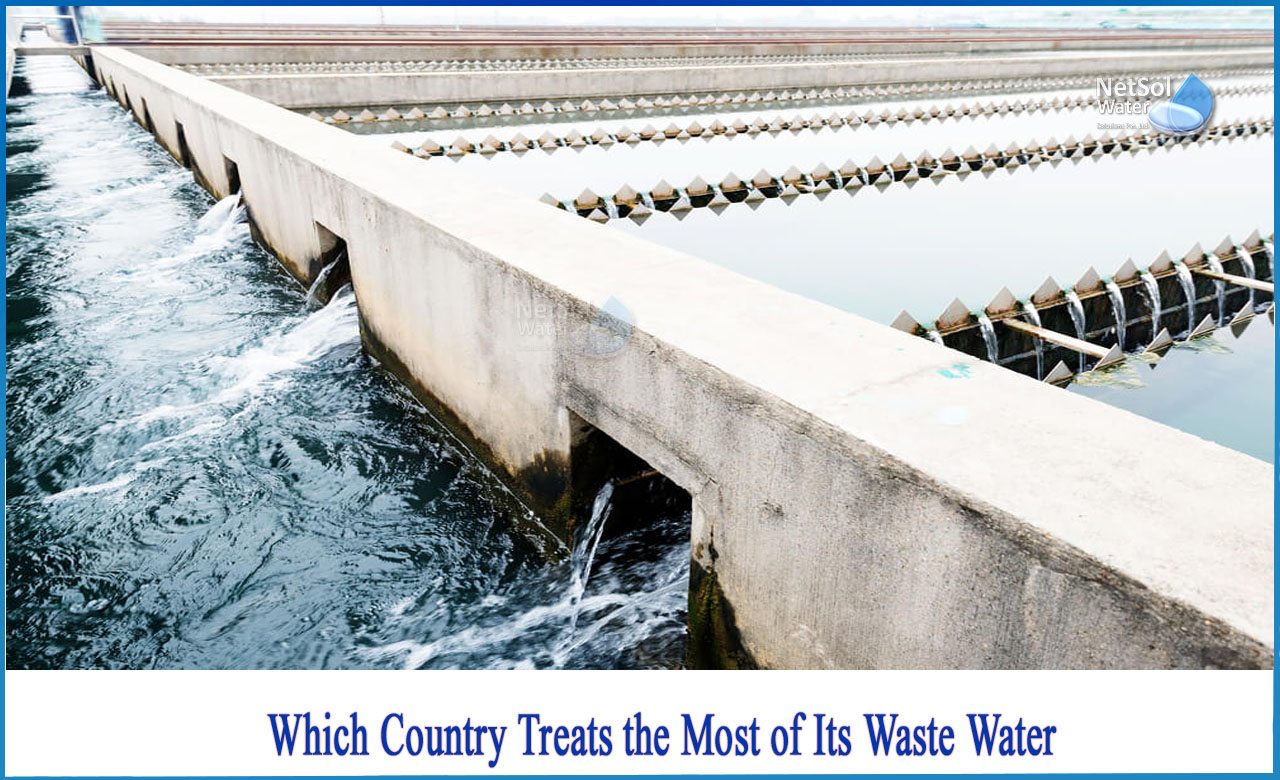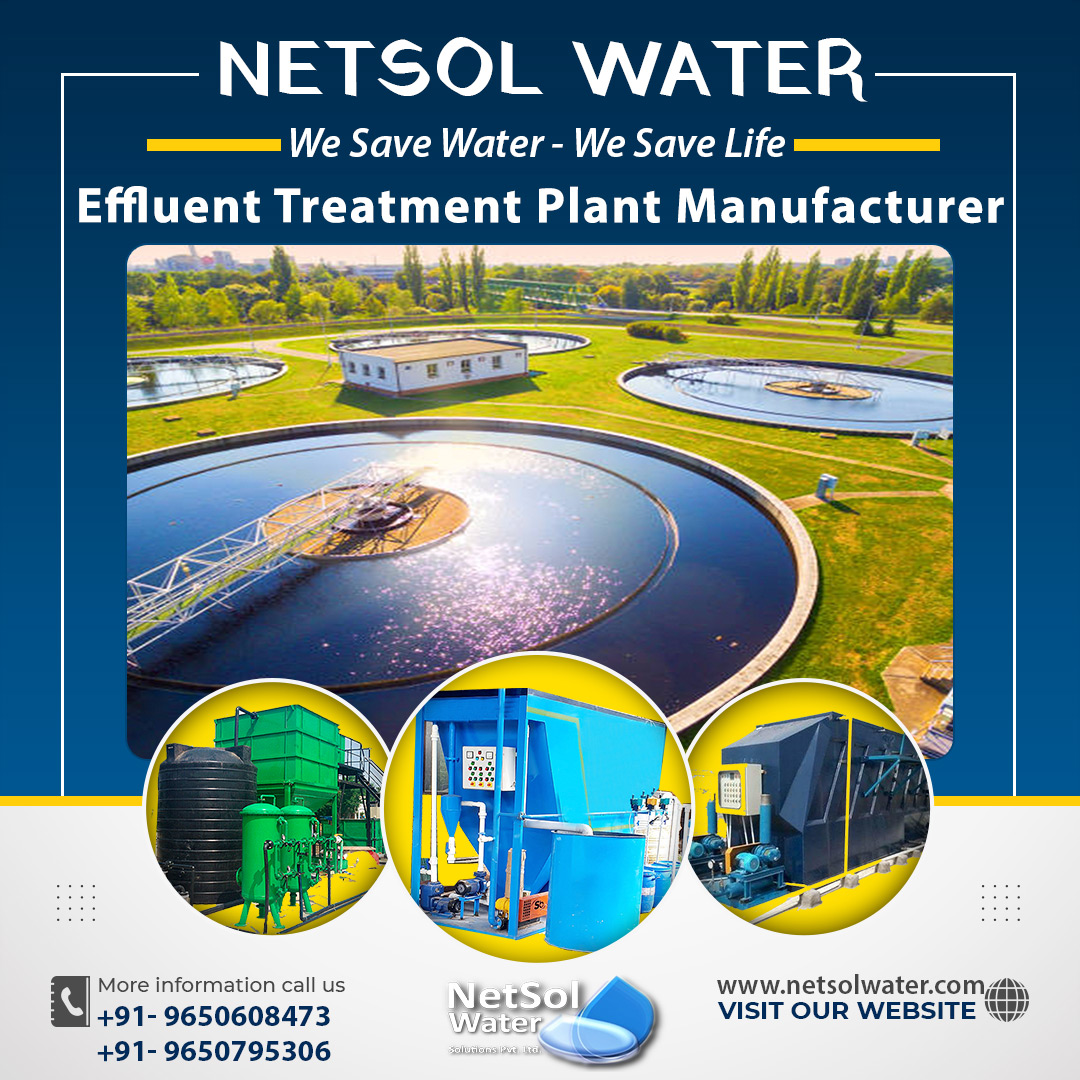What is the impact of wastewater globally?
Untreated sewage and insufficiently treated industrial wastewater continue to degrade water quality around the world, and the largest difficulty right now is figuring out how to view wastewater as a solution rather than a problem.
Wastewater can be considered as an alternative supply of water, but the journey must begin with the collection, treatment, and disposal of wastewater. Pollutants and contaminants are commonly found in wastewater. These are some of them:
1. Heavy metals (e.g., copper, cadmium, nickel, chromium, zinc, and lead)
2. Infectious agents (e.g., viruses, bacteria, helminths, and protozoa)
3. Fertilizer for plants (e.g., nitrogen, potassium, and phosphorus)
4. Pollutants of organic origin (e.g., pesticides, polychlorinated biphenyls, biodegradable organics, and polyaromatic)
5. Micro-pollutants (nano-pollutants) (e.g., cosmetics, medicines, and cleaning agents)
All of the above quality flaws can lead to environmental and health difficulties, as well as societal economic consequences.
What is wastewater recycling?
Water recycling is the technique of reusing treated wastewater for beneficial applications such as agriculture, industry, and groundwater basin restoration (called groundwater recharge). Water recycling conserves both resources and money.
Electroplating is an electrochemical process that involves several chemicals such as copper plating, chromium plating, zinc plating, nickel plating, cadmium plating, and so on. We have scientific equipment capable of producing clots for 100% Wastewater Recycling, and these procedures comprise more than 60% of wastewater produced in the industry.
Which country treats the most of its waste water?
Countries with the best wastewater treatment facilities are listed below:
1. Israel
As of 2010, Israel has the highest percentage of recycled water in the world. Israel treats 80 percent of its sewage (400 billion liters per year) which is reused for irrigation water for agricultural and public works. The Dan Region Wastewater Treatment Plant was recognized by the United Nations as a global model in 2012. The plant, known locally as Shafdan, was praised for its unique way of improving sewage quality by utilizing the inherent filtration characteristics of sand. In 2010, treated wastewater was reused in the amount of 400 million cubic meters per year, largely in agriculture. This accounts for roughly 40% of agricultural water use.
2. Namibia
In several metropolitan locations in Namibia, such as Swakopmund and Walvis Bay, treated wastewater is reused. For more than 45 years, purified wastewater has been combined with drinking water at the New Goreangab Water Reclamation Plant (NGWRP). To reduce associated risks and improve water quality, it is based on the multiple treatment barriers concept (i.e. pre-ozonation, improved coagulation/dissolved air flotation/rapid sand filtration, and subsequent ozone, biological activated carbon/granular activated carbon, ultrafiltration (UF), chlorination).
3. Singapore
For instructional and celebratory purposes, reclaimed water is branded as NEWater and bottled directly from an advanced water purification facility in Singapore. Though the majority of the recycled water is used in Singapore's high-tech industry, a tiny portion is returned to reservoirs for drinking water. NEWater is a brand of ultra-pure water made from recycled water. In Singapore, wastewater is referred to as "used water" and is treated in typical advanced wastewater treatment plants known as reclamation plants. Treated wastewater is either dumped into the sea or treated with microfiltration, reverse osmosis, and ultraviolet light.
4. The United States of America
In many places of the United States, reclaimed water is being reused as a reaction to water scarcity. In the United States, recycled water is used for a variety of purposes, such as irrigating parks, schoolyards, highway medians, and golf courses; fire protection; commercial uses such as the washing of vehicles; industrial reuse such as cooling water, boiler water, and process water; environmental and recreational uses such as the creation or restoration of wetlands; and agricultural irrigation.
Conclusion
Water/wastewater reuse can bring major economic, social, and environmental benefits as an alternative water source, which are important motivators for developing reuse systems.
Netsol Water is one of the finest Wastewater treatment equipment manufacturers in India which provides exemplary services at the doorstep. Choose Netsol Water for getting the best wastewater technology.




